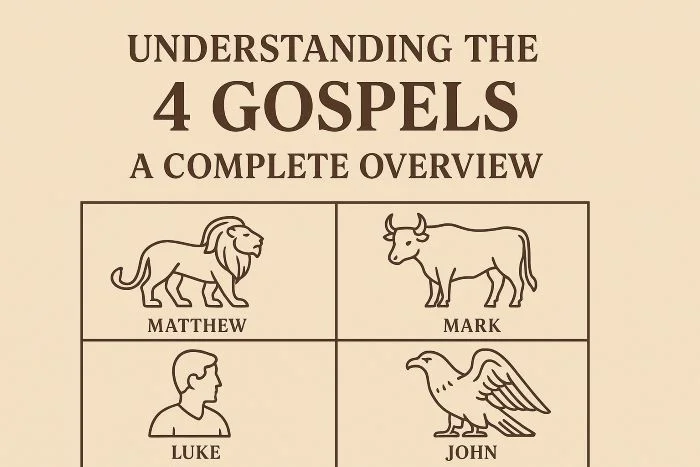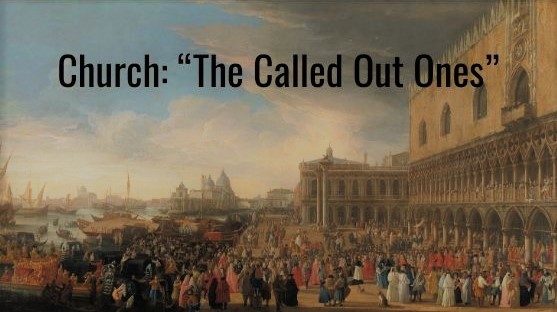The Power of Great Faith
The great faith of the centurion in Matthew 8:5-13 is one of the well-known stories in the Bible on the power of faith to heal. This centurion was a man of power and influence. Everything about this officer should have prevented him from coming to Jesus. The centurion was a professional soldier, and Jesus was … Read more










